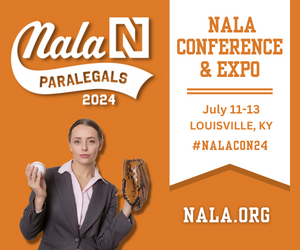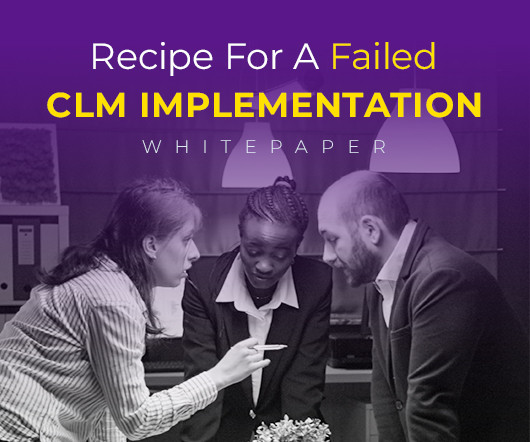Don't Use "Super Bowl" in an Ad Without Permission - But How About in Other Programming?
Broadcast Law Blog
JANUARY 17, 2009
The term "Super Bowl" is a trademark owned by the National Football League, and it is protected very aggressively. What does that mean? The biggest no-no of all is to use the term "Super Bowl" in any advertising or promotional announcements that are not sanctioned by the NFL. This prohibition includes sweepstakes and contests as well.






































Let's personalize your content